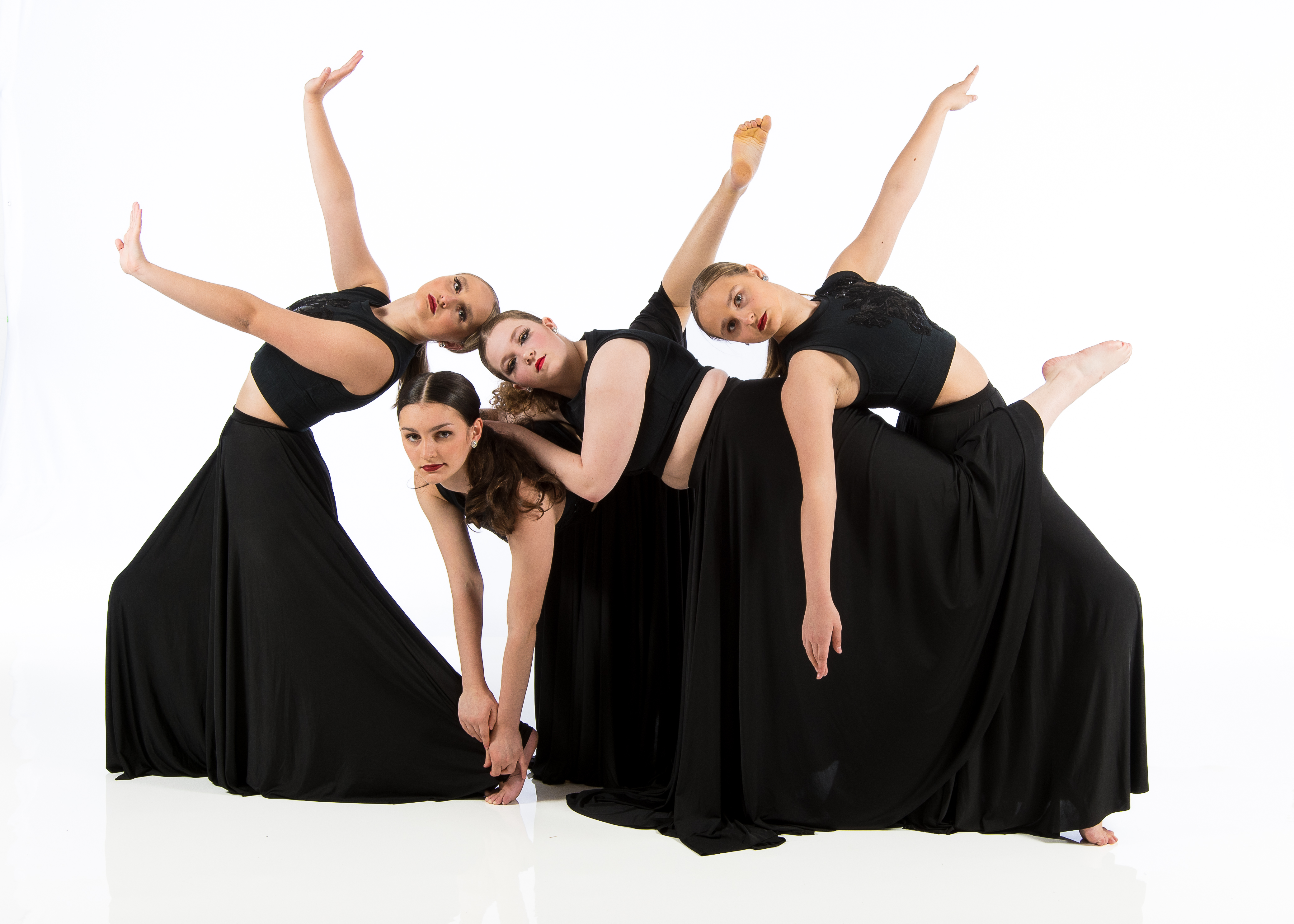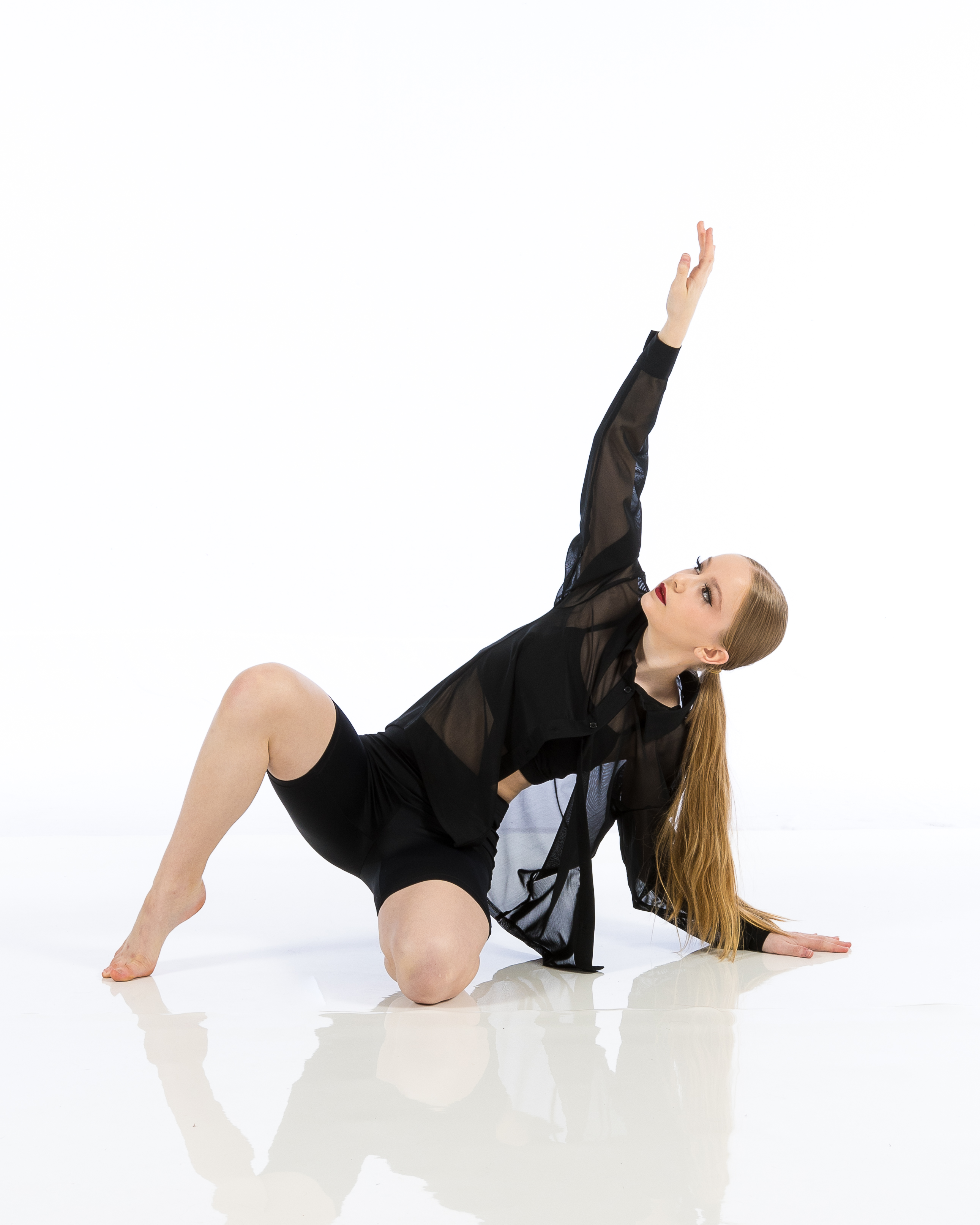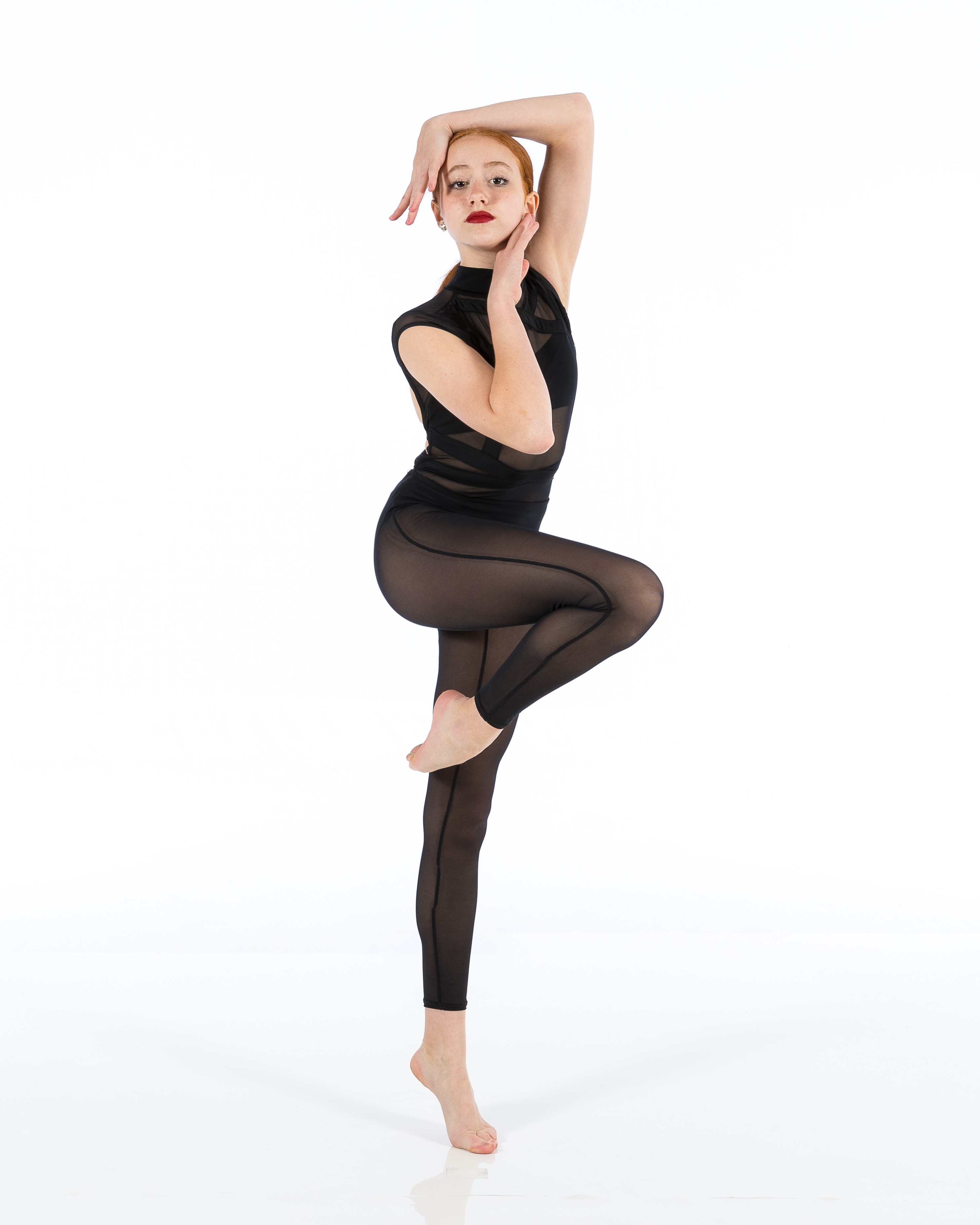Introduction
Stepping right into a dance studio for the first time is an exhilarating experience, one that can stir a mixed drink of feelings-- excitement, nervousness, anticipation. Whether you're an experienced professional dancer or simply beginning your journey, understanding the subtleties of dance studio decorum can elevate your experience and enhance your connections with instructors and fellow dancers alike. In this extensive guide, we'll dive deep right into Mastering Dance Studio Decorum: Important Tips for Beginners and Pros Alike
From basic regulations to advanced factors to consider, this write-up will cover whatever you need to know about browsing the dynamic world of dance studios. So tighten those shoe laces and allow's get started!
The Relevance of Dance Studio Etiquette
Why Rules Matters in Dance Studios?
In any type of artistic setting, rules plays a crucial duty in maintaining consistency and regard among participants. Dancing studios are no exemption. Excellent decorum fosters a positive environment where creativity can flourish.
- Respect: Being mindful towards instructors and fellow professional dancers constructs common respect. Focus: Etiquette decreases disturbances, permitting every person to concentrate on learning. Community: Decorum assists produce a supportive community that urges growth and camaraderie.
Common Misconceptions About Dance Studio Etiquette
Many novices hold misconceptions concerning what makes up appropriate habits in dancing workshops. Allow's unmask some myths:
- Myth 1: "Only advanced dancers need to adhere to decorum." Fact: Rules is important for all degrees; it mirrors professionalism. Myth 2: "Trainers are too strict concerning guidelines." Fact: Trainers apply rules to preserve order and respect.
Basic Dance Studio Etiquette for Beginners
Dress Code: What to Wear?
First impressions matter! The appropriate outfit not only shows your dedication however also enhances your efficiency. Right here's how to clothe properly:

- Comfort: Choose clothing that permit cost-free movement. Footwear: Invest in good-quality shoes fit to your dancing style.
|Dance Design|Advised Clothing|| -------------|-------------------------|| Ballet|Leotard, tights, ballet sandals|| Hip-Hop|Baggy clothing, tennis shoes|| Faucet|Comfy clothes, faucet shoes|
Arriving promptly: Preparation is Key!
Being late can disrupt the entire class. Objective to arrive at the very least 10 minutes early to:
- Warm up. Settle in mentally.
Tip: If you're running late because of unforeseen scenarios, inform the instructor beforehand.
Quiet Zone: Maintaining Silence Prior To Class
Dance studios flourish on emphasis. Maintain discussions to a minimum prior to course starts to ensure everybody can prepare mentally.
Intermediate Dance Studio Decorum: Building Relationships
Respecting Individual Room in Class
Every dancer deserves their area during session. Stay clear of crowding others while practicing actions or routines.
Why It Matters: Appreciating individual room promotes convenience and assists in better understanding experiences.
Listening Proactively During Instructions
When a trainer is talking, it's important to pay attention. Energetic listening demonstrates regard and helps you grasp essential Hop over to this website concepts.
How To Program Energetic Paying attention:
Maintain eye contact with the instructor. Nod when appropriate. Ask making clear questions if needed.Advanced Dance Studio Etiquette: Elevating Your Experience
Providing Constructive Comments Wisely
As you grow extra seasoned, sharing comments becomes part of the culture. Nevertheless, approach this naturally:
Focus on particular movements as opposed to general critique. Offer pointers only if solicited by peers.Encouraging Others: Building Area Spirit
Support your fellow dancers through motivation:
- Compliment their efforts genuinely. Celebrate their accomplishments openly.
Mastering Dance Studio Rules: Important Tips for Beginners and Pros Alike-- The Trainers' Perspective
Understanding Teacher Expectations
Instructors typically have specific expectations regarding habits in course. Acquainting yourself with these can substantially enhance your knowing experience:

Building Rapport with Your Instructor
Establishing a good connection with instructors can be valuable for your development as a dancer:
- Ask concerns related to choreography or technique after class. Thank them for their support post-class; gratitude goes a lengthy way!
Handling Conflict Beautifully in the Dance Studio Environment
Dealing with Disagreements Amongst Peers
Conflicts may develop within any type of team setup; knowing just how to handle them gracefully is vital:
Approach the person independently without escalating tension. Use "I" declarations rather than "you" declarations (e.g., "I felt ignored when ...").Addressing Problems with Teachers Professionally
If you have concerns concerning instruction or classroom dynamics:
Request a private conference after class hours. Express your feelings constructively concentrating on options rather than complaints.The Role of Non-Verbal Interaction in Dancing Studios
Understanding Body Language Signals
Dance naturally includes non-verbal interaction; understanding just how body movement functions in this context is vital:
Positive body movement (e.g., open position) promotes connection. Negative signals (gone across arms) could share defensiveness or disengagement.Using Eye Call Successfully During Classes
Maintaining eye contact with instructors shares listening while likewise helping develop rapport among peers throughout team performances!
FAQs
Q1: What should I use for my initial dancing class?
A1: Go with comfortable clothing that permits totally free activity-- yoga exercise pants or tights paired with a fitted top works well!
Q2: Is it okay to miss courses occasionally?
A2: Life occurs! Notify your trainer ahead of time preferably; they'll appreciate your consideration.
Q3: Just how do I deal with sensation timid around other dancers?
A3: Beginning tiny-- introduce on your own one-on-one prior to increasing communications progressively as experience grows!
Q4: Can I bring friends along to observe classes?
A4: Most studios like prior arrangements; consult monitoring initially so they recognize added attendees!
Q5: What if I disagree with a trainer's feedback?
A5: Approach them respectfully post-class; express sensations utilizing "I" declarations focusing on constructive dialogue instead of confrontation!

Q6: Need to I take part in efficiencies even if I'm new?
A6: Definitely! Taking part boosts confidence-- speak out regarding any kind of hesitations so lodgings can be made accordingly!
Conclusion
Mastering dance studio decorum isn't nearly following regulations; it's about growing an improving environment where everybody really feels valued and influenced-- whether you're just beginning or refining innovative strategies as an experienced pro! By adhering closely to these essential suggestions outlined below under Mastering Dance Studio Decorum: Vital Tips for Beginners and Pros Alike, not just will you improve your own experience but also contribute favorably in the direction of supporting a welcoming neighborhood within each dance studio you grace with your presence! So take these insights ahead into every studio space you enter-- and allow the rhythm carry you toward excellence!